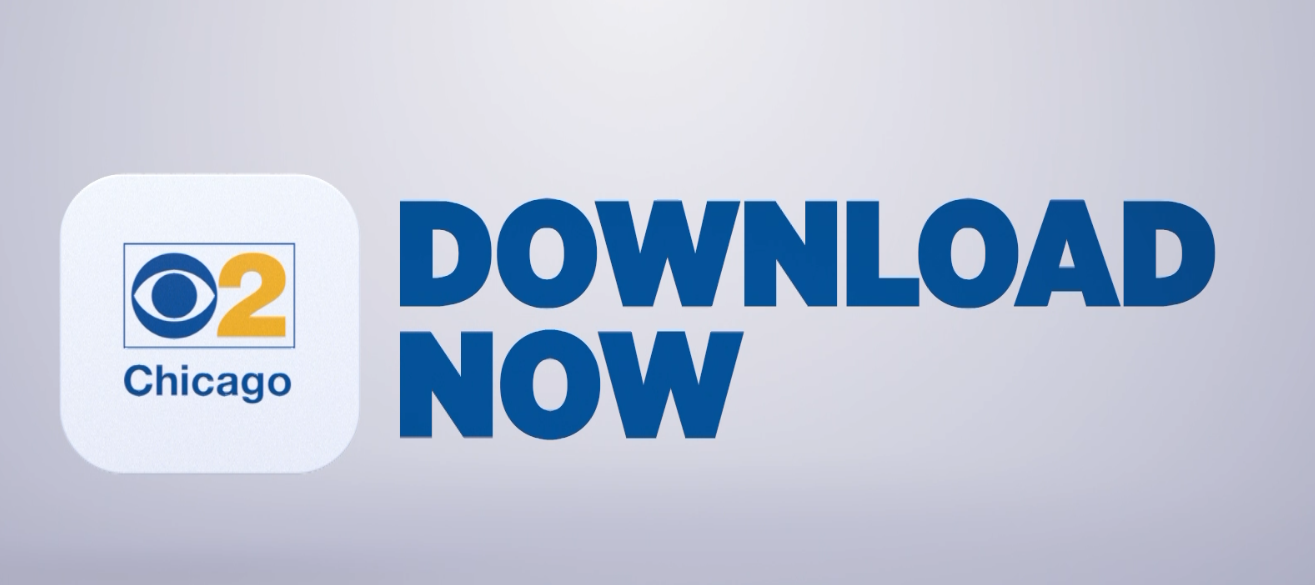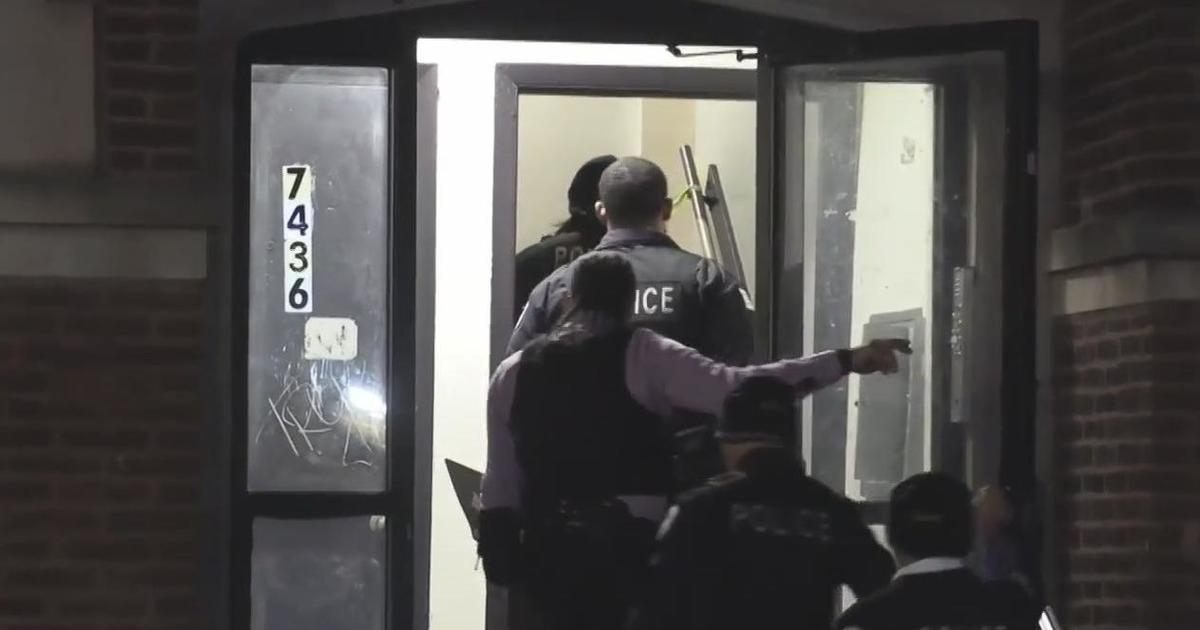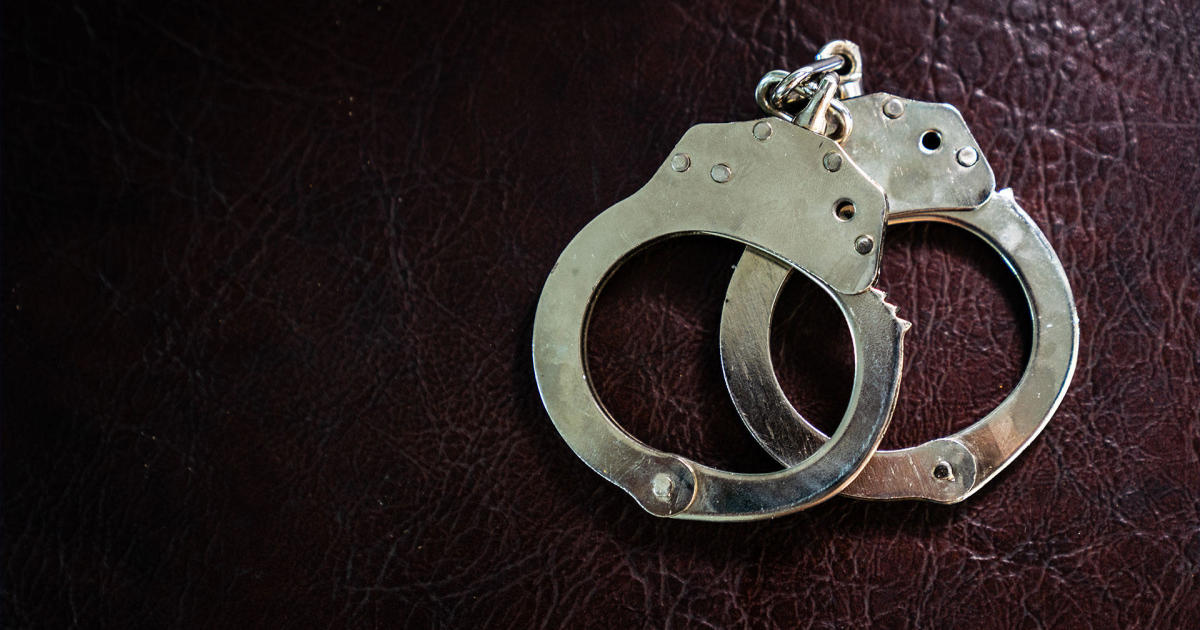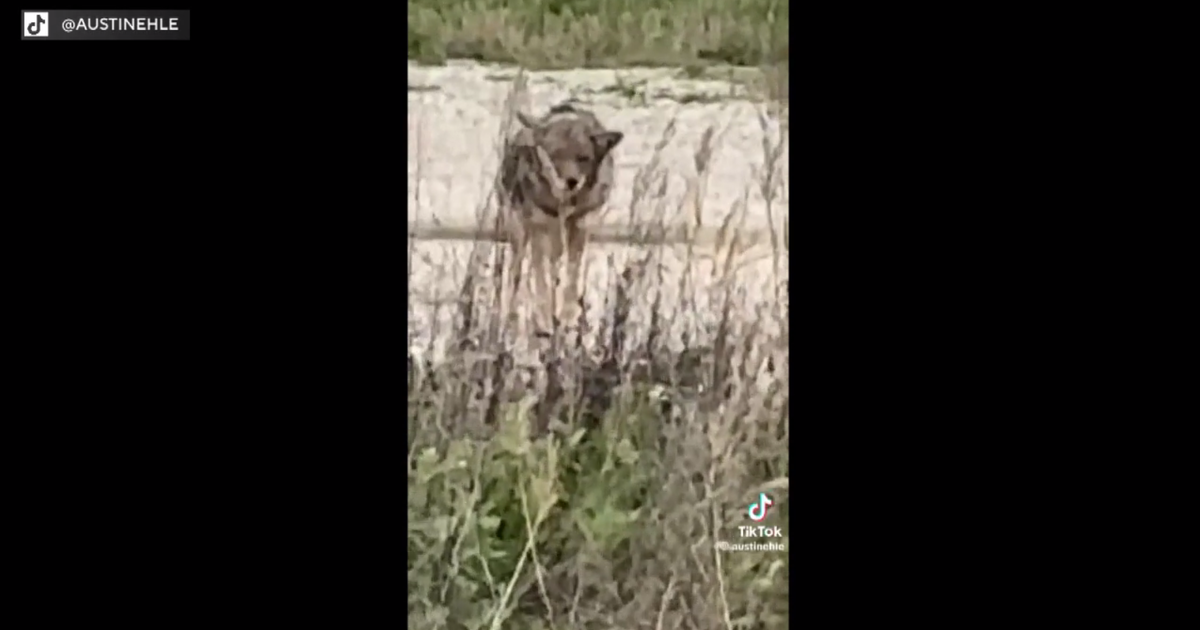Man Says His Signature Changes Due To Learning Disability, And His Ballot Has Been Rejected Because Of It
CHICAGO (CBS) -- Bryce Tuttle has a learning disability that affects his handwriting, and now his ballot.
His absentee ballot was rejected by the Chicago Board of Elections, and now, he is fighting to prove "it's really him."
As CBS 2's Charlie De Mar reported Thursday night, the signature discrepancy did not start with this election. Tuttle's ballot was rejected in the primary too - all because of his signature.
For that reason, he made sure to focus on matching his signature to his ID this time around. But he finds himself in the same position.
The line was steady to vote early in person on Thursday at the King Health Center on Cottage Grove Avenue.
"We are going to wait until we get in there and vote," said Deirdre Bates. "I don't mind."
"From the time I got in voted and got out, about 45 minutes," said Eddie Brown.
But voting by mail this election has not been so quick or easy for Tuttle.
"It's incredibly frustrating," Tuttle said. "I do everything I can to make my vote count."
His signature is causing controversy.
"Because of my learning disability, it wouldn't even be possible for me to produce an identical signature." Tuttle said.
The Chicago Board of Election Commissioners said Tuttle's signature doesn't match his ID, and is now preventing his vote from counting.
"I got an email this time, thankfully, saying that a panel of election judges had unanimously voted that my signatures didn't match," he said.
Tuttle is politically active. He volunteers and encourages others to vote.
The Chicagoan, now living in Washington, D.C., said his mismatched signature is out of his control.
"I'm dyslexic and I have dysgraphia – so, you know, that's a learning disability that interferes with my handwriting," Tuttle said.
As of Wednesday, a total of 138,787 ballots had been returned to the Chicago Board of Election Commissioners. A total of 817 have been rejected, including Tuttle's.
"I think it's a fundamental flaw," Tuttle said. "I have a relatively mild learning disability, but I know tons of people just like me who can't replicate their signatures, and I honestly start to believe that this kind of behavior and this kind of policy rises to the level of discrimination."
Tuttle followed the Board of Elections' instructions and wrote in explaining that the signature on his ballot is really his. He has yet to receive a response on whether or not his vote will be counted.
In the primary, it was not.
This story was produced, in part, with the help of journalists at Electionland, a project from the non-profit news organization, ProPublica. If you are having trouble voting, Electionland wants to hear from you.






